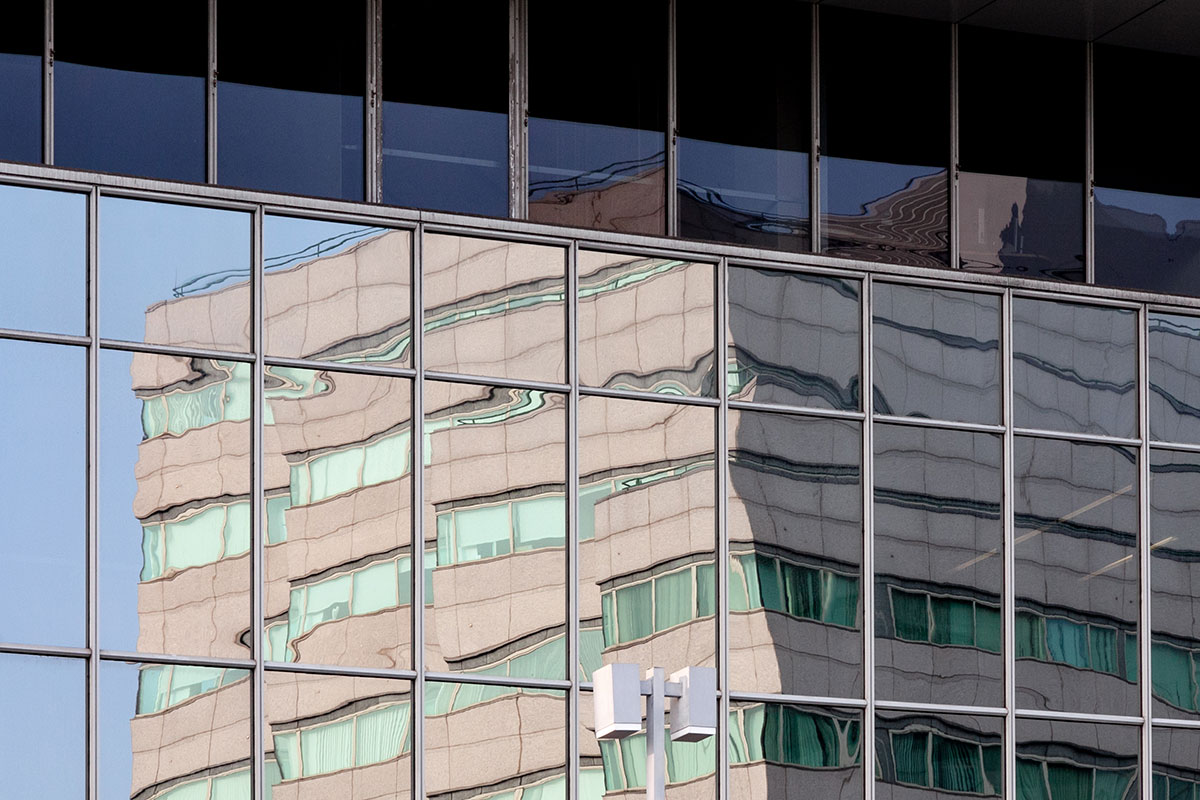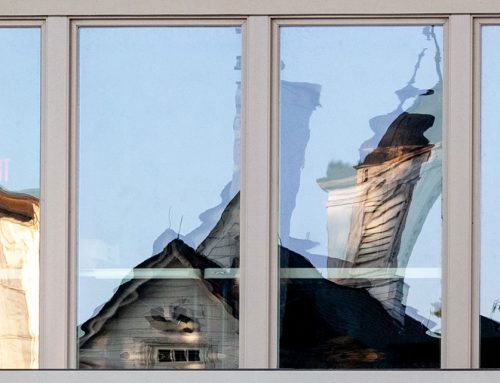Before you rent space for your business, be sure you understand these basic facts about commercial leases.
Renting commercial space is a big responsibility — the success or failure of your business may ride on certain terms of the lease. Before you approach a landlord, you should understand how commercial leases differ from the more common residential variety. And before you sign anything, make sure you understand and agree with the basic terms of the lease, such as the amount of rent, the length of the lease and the configuration of the physical space.
How Commercial Leases Differ From Residential Leases
It’s crucial to understand from the get-go that, practically and legally speaking, commercial leases and residential leases are quite different. Here are the main distinctions between them:
- Fewer consumer protection laws. Commercial leases are not subject to most consumer protection laws that govern residential leases — for example, there are no caps on security deposits or rules protecting a tenant’s privacy.
- No standard forms. Many commercial leases are not based on a standard form or agreement; each commercial lease is customized to the landlord’s needs. As a result, you need to carefully examine every commercial lease agreement offered to you.
- Long-term and binding. You cannot easily break or change a commercial lease. It is a legally binding contract, and a good deal of money is usually at stake.
- Negotiability and flexibility. Commercial leases are generally subject to much more negotiation between the business owners and the landlord, since businesses often need special features in their spaces, and landlords are often eager for tenants and willing to extend special offers.
Making Sure the Lease Will Fit Your Business
Before you sign a lease agreement, you should carefully investigate its terms to make sure the lease meets your business’s needs.
First, consider the amount of rent — make sure you can afford it — and the length of the lease. You probably don’t want to tie yourself to a five- or ten-year lease if you can help it; your business may grow faster than you expect or the location might not work out for you. A short-term lease with renewal options is usually safer.
Also think about the physical space. If your business requires modifications to the existing space — for example, adding cubicles, raising a loading dock, or rewiring for better communications — make sure that you (or the landlord) will be able to make the necessary changes.
Other, less conspicuous items spelled out in the lease may be just as crucial to your business’s success. For instance, if you expect your camera repair business to depend largely on walk-in customers, be sure that your lease gives you the right to put up a sign that’s visible from the street. Or, if you are counting on being the only sandwich shop inside a new commercial complex, make sure your lease prevents the landlord from leasing space to a competitor.
|










